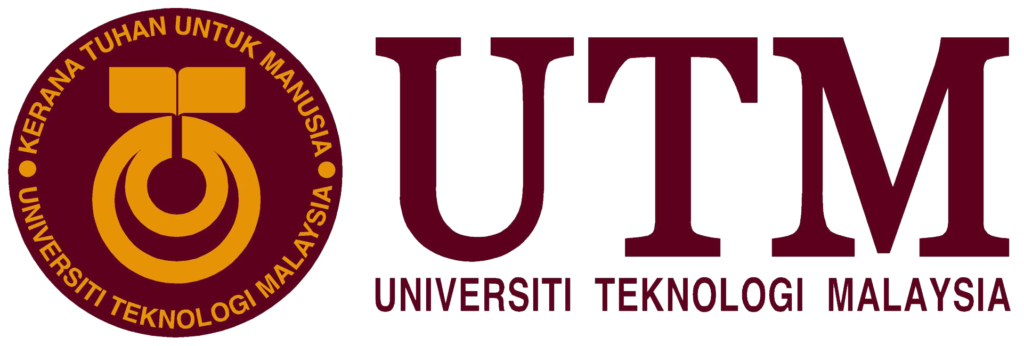Yes, you read the headline right – the electric-powered, zero-emissions, guilt-free Tesla Model S has been slapped with a S$15,000 (RM44,700) carbon dioxide emissions surcharge in Singapore, due to the country’s Land Transport Authority (LTA) taking into account upstream emissions at the electricity power plant in calculating a car’s C02 emissions.
According to The Straits Times, the owner, Joe Nguyen, was hit with the fine after reportedly spending some seven months importing the sedan from Hong Kong and going through type approval. The Model S was the first electric vehicle in the island nation to be levied that surcharge, instead of a rebate of the same amount offered to EV owners under the country’s Carbon Emissions-based Vehicle Scheme (CEVS).
“Honestly, it’s stupid,” said Nguyen. “I went back to them [LTA], and they cited a UN emissions test regulation. They also factored in carbon emissions at the power station. We don’t apply a carbon penalty to people charging their iPhones, do we?”
An LTA spokesperson said, “Based on tests conducted under the UNECE R101 standards, the electric energy consumption of his imported used Tesla car was 444 watt-hour per kilometre. [To] account for CO2 emissions during the electricity generation process, a grid emission factor of 0.5g/watt-hour was also applied to the electric energy consumption.”
As such, the Model S was judged to be emitting a heady 222 grams of carbon dioxide per kilometre, slotting it under the CEVS’ C3 bracket – where the S$15k surcharge is applicable. By contrast, the Peugeot Ion (a rebadged Mitsubishi i-MiEV) was granted a S$20,000 (RM59,600) rebate after undergoing the same emissions tests, while the BMW i3 and i8 both qualified for the maximum rebate of S$30,000 (RM89,400).
@Astro_Valdric @TeslaMotors We spoke earlier today and he said he would investigate the situation.
— Elon Musk (@elonmusk) March 4, 2016
Since then, Nguyen has




